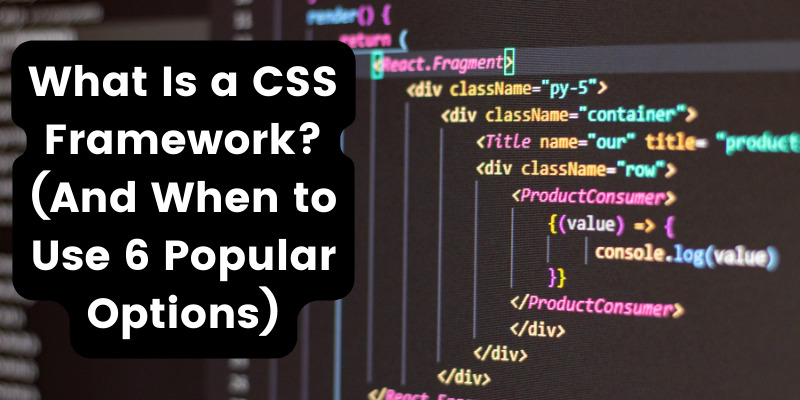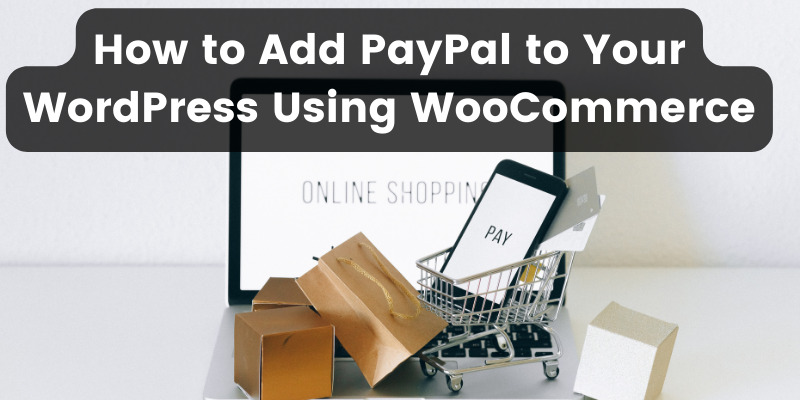- Jul 11, 2016
 0
0- by A2 Marketing Team
A slow website is more than just annoying for your customers – it can also lead to lost sales and lower search engine rankings in extreme situations. Kissmetrics reports that an e-commerce website making $100,000 a day could lose $2.5 million over the course of a year with just a one second page delay. Every second counts, and slow websites are bad for business.
A super fast web host should definitely be your first port of call. Beyond that, fixing a slow loading website can be as simple as implementing the right WordPress plugins.
In this article, we’ll look at eight WordPress plugins that will improve your website speed, potentially win you traffic, and save you money.
Before We Begin…
We’re going to be looking at an assortment of plugins here – the installation of which, when combined with your own unique setup, could potentially cause issues or conflicts. As such, we highly recommend that you create a full backup of your site before going any further.
If you’re an A2 Hosting customer, you can back up your site at any time by following these instructions. There are also many native WordPress backup solutions – both free and premium – that you should take a closer look at, if you don’t yet have automatic scheduled backups of your site set up.
This is a recommendation we would make as a matter of course – you should always have an up to date backup of your site – and you shouldn’t be too concerned about installing any of the plugins below, which are all high quality. It is simply better to be safe than sorry!
1. WP Rocket (From $39)

WP Rocket enables page caching, browser caching, GZIP compression, minification, CDN capabilities, and more.
If you want to fully understand how different types of caching help speed up your website, read WP Explorer’s detailed article about different caching protocols on WordPress.
GZIP compression can reduce HTML and CSS files by 50–70% of their original size, and we’ll give more detail regarding how minification and CDN capabilities help speed up your website later in this article.
Regarding caching plugins, many swear by W3 Total Cache, but it can be difficult to configure without a technical background. That said, it’s free, and WP Rocket isn’t.
If you’re willing to pay for quality, WP Rocket is an easy-to-use caching plugin. Here’s how it compares to other popular caching plugins on the market in terms of specific features.
By the way, we have our own caching plugin, optimized for websites hosted on our servers. If you need help setting it up, we’re available to help via live chat, phone, or support ticket!
2. Better WordPress Minify (Free)

Better WordPress Minify can help speed up your website by minifying JavaScript and CSS files. Minification removes whitespace (blank spaces) in code files, which makes it easier for a page to load quickly.
If you’re already going to grab yourself a copy of WP Rocket, you don’t need to worry about this plugin. However, if you want a free solution for minification, look no further than Better WordPress Minify.
3. Lazy Load (Free)

The next few WordPress plugins focus on image loading, as images can cause the biggest issues with page load due to their typically large file sizes. These are especially important if your site is heavy on images, like a photography portfolio or food blog.
Lazy Load is a plugin that doesn’t load an image for a user until it’s visible in the viewport. Using this plugin makes it so that the most important parts of your website load quickly, as images will only place a burden on load time after the rest of the web page has loaded. It’s a no-brainer!
4. Jetpack’s Photon (Free)

Jetpack is a multipurpose plugin that comes preinstalled on all WordPress instances. It’s up to you to activate the specific functionality you desire, and we recommend taking a look at all of the options this plugin has to offer.
Photon is one specific feature of the Jetpack plugin that accelerates image loading. If using Photon, your images will be stored on the dynamic global WordPress.com cloud. This means that no matter what country someone views your website from, they can enjoy reasonably fast load times. Without this plugin, it might take considerably longer for a page to load from one country to the next.
5. WP Smush (Free)

If you lack the time or the discipline to optimize your images before importing them to your website, you could automatically optimize them as they’re uploaded using the WP Smush plugin.
WP Smush works to speed up page load time by stripping hidden bulky information from your images, and reduces file size without losing quality.
The free version uses ‘lossless’ methods, while the pro version offers ‘lossy’ compression. Lossless compression happens in a way that allows full image data recovery when a file is uncompressed. Lossy compression permanently deletes certain information. As you may imagine, lossy compression reduces file size more than lossless compression.
For a free option that offers lossy compression, check out the next WordPress plugin on this list.
6. EWWW Image Optimizer (Free)

Similar to WP Smush, although it offers lossy compression too, EWWW Image Optimizer is another option for optimizing your images within your WordPress installation.
They’re both great plugins that offer similar results, and arguments rage online about which optimizing plugin is better. Our suggestion is to decide whether lossless or lossy compression is right for you, then test both EWWW Image Optimizer and WP Smush to see what works best for you.
7. WP Database Optimizer (Free)

Unused plugin settings, theme settings, and extra post revisions can hang around in your WordPress database, even if you deactivate and delete the originating files from WordPress. A plugin such as WP Database Optimizer deletes those unused files from the server.
For a more in-depth look at how getting rid of unused files and optimizing your database helps speed up your WordPress website, check out this WP Beginner article.
Update:
Thanks to Sam in the comments, we realized our recommendation of WP Database Optimizer was out of date. Here are 2 actively supported options for WordPress database optimization:
Advanced Database Cleaner
8. CloudFlare (Free)

CloudFlare is a Content Delivery Network (CDN), which is a service that distributes your content around the world, closer to where your visitors are. While it isn’t technically a plugin, some site speed-related plugins include its functionality.
Having content on various servers in different countries helps your website load faster for everyone. There’s also a CloudFlare plugin complementing the service, too, depending on how you plan to implement it.
Conclusion
A slow website can directly or indirectly lead to lost sales, and although a fast web host is key, you may want to look at speed bottlenecks within your own WordPress installation too.
If you’re a business owner looking to speed up your WordPress website, this article has given you eight of the best plugins available to remedy the issue once and for all. Let’s round them up now:
- WP Rocket
- Better WordPress Minify
- Lazy Load
- Jetpack’s Photon
- WP Smush
- EWWW Image Optimizer
- WP Database Optimizer
- CloudFlare
Though we’ve showcased plugins here to improve website speed, we know they’re not the only solution. What methods have you used to speed up your WordPress website? We’d love to hear about them in the comments section below!
If you’re really looking to improve your site’s speed, the first thing you’re going to want to look at is your host. A2 Hosting has the type of hosting solutions that can really give your site a speed boost. Visit A2 Hosting now to see their full selection of hosting options.
Image credits: Unsplash.


















